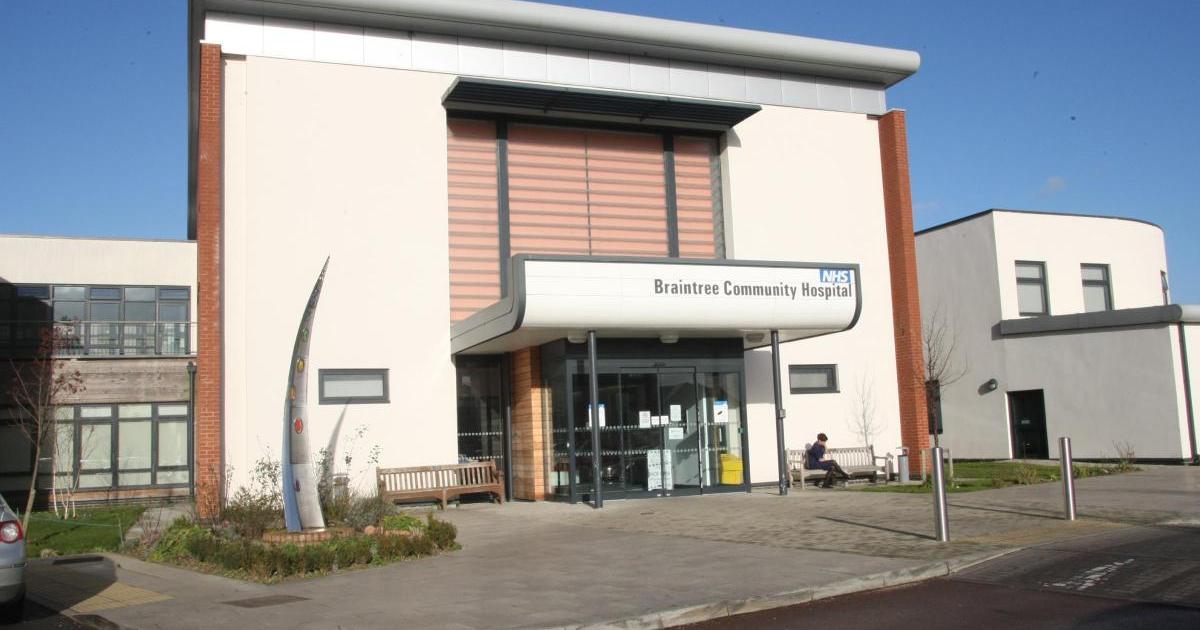Speculation has circulated online about patient appointments at Braintree Community Hospital being impacted by health services for asylum seekers housed at Wethersfield Asylum Reception Centre.
Dr Christine Blanshard, chief medical officer at Mid and South Essex NHS Foundation Trust, said: “It is categorically untrue to suggest that the care or appointment times of other patients have been cancelled or delayed.
“There has been no impact on waiting times or access to care for other patients.”
There has also been online speculation about tuberculosis, a bacterial infection that usually affects the lungs.
Statement – An NHS trust has said it is ‘categorically untrue’ that patient appointments have been impacted by health services for asylum seekers (Image: N/A)
A TB test for infection in the lungs is part of the visa requirements for anyone coming to stay in the UK for six months or more if they are coming from certain countries where TB is common.
The NHS latent TB infection (LTBI) testing and treatment programme for new migrants from countries where TB is common aims to prevent progression to active TB, which is a key part of the UK Health Security Agency’s (UKHSA) TB Action Plan to improve the prevention, detection and control of TB in the UK.
Dr Blanshard said: “As part of routine health protection measures, initial health assessments are carried out for all new arrivals. These may include screening for conditions such as tuberculosis.
“TB screening is a precautionary public health step and does not indicate that people have active TB.
“Where NHS facilities are used, assessments are conducted in line with strict infection prevention and control protocols.
“All partners continue to work together to ensure services are delivered safely, fairly, and in line with national guidance.”
The Trust says it confirmed that infection, prevention and control advice was taken, and no special precautions were required for non-symptomatic patients.
Health services for asylum seekers at Wethersfield Asylum Reception Centre are commissioned and overseen via an arrangement between the Home Office, Department of Health and Social Care, NHS England and the Mid and South Essex Integrated Care Board, working with the UK Health Security Agency (UKHSA).
Read more:
Information on the UK Health Security Agency website answers more questions about latent tuberculosis.
What is latent TB?
Latent TB is when a person has the TB bacteria in their body, but they are not causing any disease or symptoms – in other words, the bacteria are asleep or dormant.
People with latent TB infection (LTBI) have no symptoms and cannot pass TB on to others.
There is a chance that the bacteria may cause disease in the future, so antibiotic treatment is given to prevent this happening.
Contact tracing helps identify people who have been in close contact with a person with infectious TB to assess whether or not they have been infected with the TB.
Treatment for latent TB infection is available for people at high risk of developing active disease.
The LTBI testing and treatment NHS programme for new migrants from countries where TB is common is aimed at people who may have LTBI to prevent progression to active TB.
This is a key part of the UKHSA TB Action Plan to improve the prevention, detection and control of TB in the UK.

